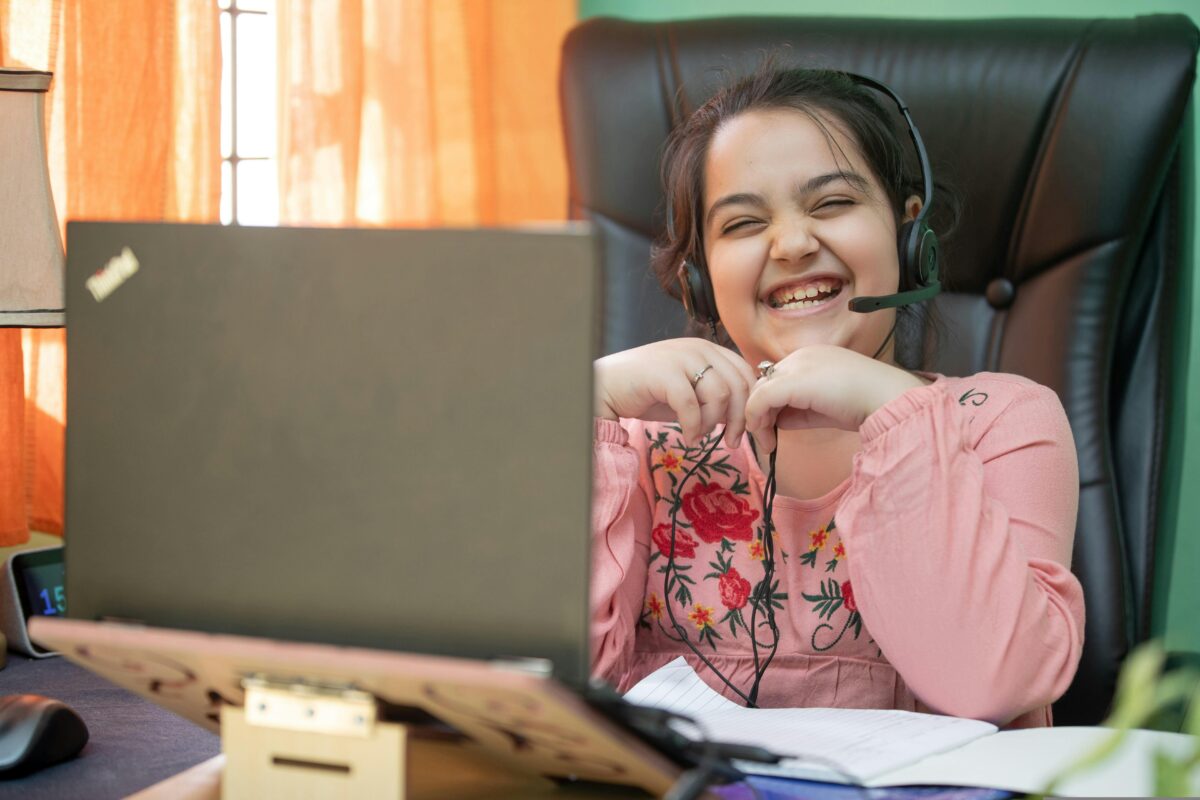How to Copyright Online Courses & Educational Content in India — A Complete Legal Guide for Educators & EdTech
A practical, step-by-step roadmap for tutors, course creators, EdTech startups and institutions to protect video lectures, course notes, quizzes, animations and full learning platforms under Indian law.
By RegistrationMART • Updated:
Introduction
In the booming age of digital education, content is everything. From video lectures and course PDFs to quizzes, animations, and recorded webinars — your intellectual efforts as a course creator deserve full legal protection.
With India rapidly adopting EdTech, individual educators and micro-learning creators are now IP owners. But how do you stop someone from stealing your course, copying your format, or reuploading lessons to another platform? This guide explains how copyright law protects educational content and how RegistrationMART helps educators secure their IP.
What is Copyright in Educational Content?
Copyright is a bundle of legal rights that protects original expression fixed in a tangible medium. In education this includes:
- Video lectures & recorded classes
- Audio lectures & voice-overs
- Study materials, PDFs and eBooks
- Presentations, slides and worksheets
- Quizzes, MCQs and assessments
- Animations, demos and VFX
- Scripts, notes & instructional design
✅ These works are protected automatically on creation and fixation, but formal registration strengthens enforceability and evidentiary value.
Who Can Register Copyright?
| Role | Ownership |
|---|---|
| Individual educator | Creator holds copyright |
| Institution / employer | Employer owns IP unless contract states otherwise |
| Guest faculty / freelancer | Creator unless IP assigned |
| EdTech startup | Company typically owns content (check employment agreements) |
Tip: Use IP assignment agreements and clear employment clauses to avoid disputes when building content libraries.
Types of Educational Works Covered
| Content Type | Category |
|---|---|
| Video lectures / recorded classes | Cinematographic work |
| Slides, PDFs, eBooks | Literary work |
| Diagrams, illustrations | Artistic work |
| Voice-over & audio lessons | Sound recordings / Musical |
| Quizzes & assessments | Literary work |
Relevant Laws Protecting Course Content
- Copyright Act, 1957 — core protection for course materials
- Information Technology Act, 2000 — takedowns & cyber provisions
- Berne Convention & WIPO — international recognition
- UGC / IPR guidelines — academic policy references
Why Register Copyright for Courses?
- Legal proof: Court-admissible certificate of ownership
- Enforceability: Easier takedowns & civil suits
- Investor trust: IP strengthens valuation
- Licensing & monetization: Clear title for B2B deals
- Platform protection: Essential for EdTech operators
RegistrationMART supports bulk/batch filings for institutions and full-platform IP protection (UI, modules, backend).
How Course Content Differs from Trademarks & Patents
| Feature | Copyright | Trademark | Patent |
|---|---|---|---|
| Protects | Content, lectures, tests | Course name/logo | Technical inventions |
| Duration | Author’s life + 60 yrs | 10 yrs (renewable) | 20 yrs |
✅ Trademark your course or platform name. ✅ Copyright your actual materials and scripts.
Step-by-Step: How to Register Copyright for Course Material
- Prepare content: Final videos, PDFs, slides; note creation dates and authorship.
- Fill Form XIV: Choose appropriate category (Literary for slides, Cinematographic for videos).
- Attach samples & NOCs: Provide sample clips, transcripts and NOC from collaborators.
- Pay fee: Typically ₹500 per work (confirm current fee on portal).
- Submit: Online at copyright.gov.in or by post; receive diary number.
- Objection period: 30 days public examination; respond if objections raised.
- Certificate: Registrar issues final certificate (usually 8–10 weeks, subject to queries).
What Cannot Be Copyrighted
| Not Copyrightable | Why |
|---|---|
| Pure ideas & teaching methods | Only expression is protected |
| Facts, formulas | Public domain |
| Generic exam patterns | Too generic, not original |
✅ Add unique presentation, examples or instructional design to make your material protectable.
Real Cases from RegistrationMART
Case 1 — Trainer vs Marketplace: A trainer’s videos were uploaded to a third-party portal without consent. We filed takedowns under the IT Act and obtained removal plus damages.
Case 2 — Teacher vs Copycat Channel: A school teacher’s lectures were copied on YouTube. Using YouTube’s copyright process plus official registration, we restored ownership and removed infringing uploads.
Copyright for Course Platforms (LMS, App, Website)
| Component | Protection |
|---|---|
| Course content (video, text) | Copyright (literary & cinematographic) |
| Platform code | Copyright (literary) |
| UX/UI | Artistic work |
| Course name / logo | Trademark |
Practical Tips for Course Creators
- Add a visible copyright notice: “© 2025 Your Name / Company”
- Keep timestamps, version history and original files
- Obtain contributor NOCs & use NDAs for guest faculty
- Watermark videos & unique slides
- Use platform timestamps (YouTube, Vimeo) and maintain backups
- Register major courses in batches (Module-wise)
Duration & Ownership
Individual educator: Creator’s life + 60 years.
Employer-created (institution/EdTech): Employer typically owns the copyright — 60 years from publication.
Conclusion
Education is an industry of ideas and presentation. If you’ve built valuable course content — whether you’re a solo creator, academic, trainer, or EdTech founder — get it professionally protected. Copyright is your first shield against plagiarism and misuse.

